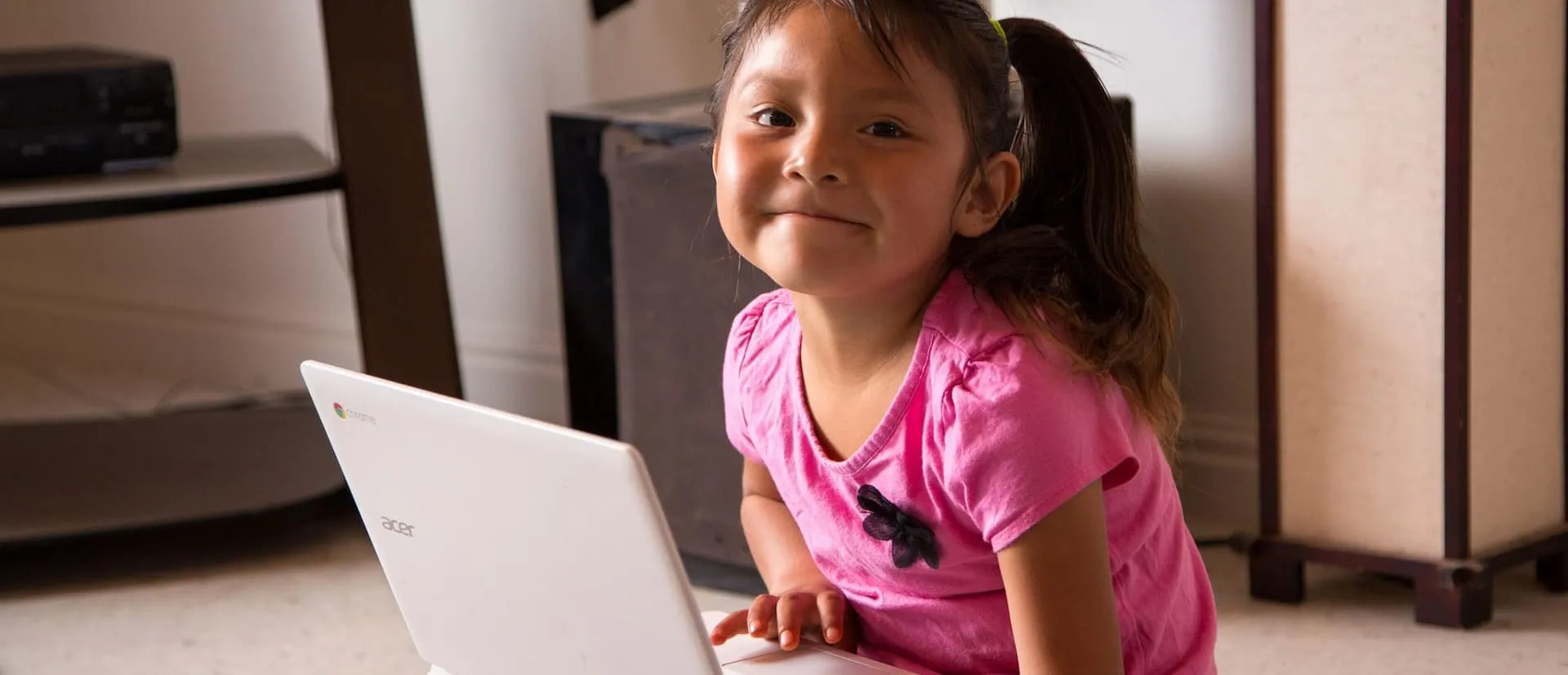Protecting the world’s tropical forests and promoting sustainable land use with free, detailed maps
Each year, an area of tropical forest the size of Texas is lost. MapBiomas partners with local organizations across South America and Indonesia to empower decision-makers to stop deforestation and promote sustainable land and natural resource management.
Relevant Stats
Paragraph introducing any relevant stats.

Project
Description
Problem
Tropical forests are vital for reducing global emissions and combating climate change. But they are vanishing at an alarming rate, due to human activities like deforestation and agricultural expansion. Every year, an area of tropical forest the size of Texas is lost — and when trees are cut down, the carbon stored in them is released, driving nearly 18% of global greenhouse gas emissions. This destruction not only accelerates climate change but also endangers 80% of the world’s documented species and threatens the livelihoods of local Indigenous communities. Despite global leaders making major commitments toward ensuring sustainable land-use practices in forests, progress is slow and enforcement is difficult, costly and sometimes dangerous. To drive real change, governments and other key stakeholders need actionable data and tools.
Big Idea
Operating in South America and Indonesia, where activities like slash-and-burn farming and illegal logging are most severe, MapBiomas, a collaborative of over 100 local organizations, produces free, accessible, annual maps that make land-use change clearly visible. Using highly accurate, locally relevant methods, their maps track nearly 40 years of change with up to 30 land classifications per country, revealing shifts in land cover over time. By 2030, MapBiomas plans to map and monitor 70% of the world’s tropical forests across 20 countries using this approach. This will drive better conservation policy, promote more responsible business practices and enable swifter legal action against violators, all while holding government decision-makers accountable for their conservation, restoration and land use goals.
Plan
MapBiomas will achieve their ambitious plan by building a network of local organizations — including NGOs, universities, public institutions and tech startups — that can create the most up-to-date, locally relevant maps using satellite imaging like NASA’s Landsat and Google Earth Engine. Once developed, these maps — which track activities like illegal mining and changes in forest types — will be made widely accessible, online and open to all. By providing this critical data, MapBiomas will continue to drive informed decision-making, empowering governments, businesses and communities to take meaningful action against deforestation. In the final step, member organizations share knowledge and tactics across the MapBiomas network, halting deforestation and allowing tropical forests to absorb more carbon than they emit.
Why will it Succeed?
With more than 100 partner organizations across 14 countries, MapBiomas has, over the past decade, established a strong track record in combating deforestation and land-use change, particularly in Brazil. In Brazil, their maps have led to over $130 million in fines for deforesters, blocked over $1 billion in loans and resulted in 553 embargoes in protected areas. Their maps have also enabled incredible actions, like the shutting down of illegal airstrips used by gold miners in a remote region of northern Brazil. MapBiomas’ data is trusted by governments, banks and environmental agencies, and has validated over 400,000 instances of deforestation across 8.6 million hectares of land.


%201.webp)





.jpg)








.jpg)

